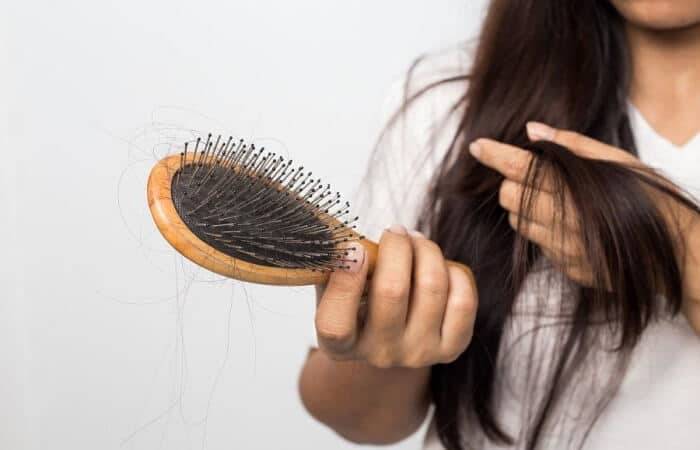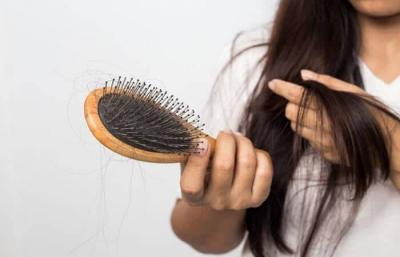Scientists at Harvard University have developed a promising new treatment to tackle hair loss due to alopecia areata. The use of painless microneedle patches loaded with an immune-modulating drug helped restore hair growth in laboratory mice suffering from alopecia within just a few weeks, according to an article published in the journal Advanced Materials.
Alopecia areata is an autoimmune disorder, unlike other forms of hair loss, where T cells mistakenly attack hair follicles, causing hair to fall out in patches. Some patients experience individual episodes with hair regrowth later, while others may face intermittent or permanent hair loss throughout their lives.
Interestingly, hair regrowth has been a side effect for alopecia patients receiving immunosuppressive medications for other conditions, such as eczema and arthritis. However, these drugs, along with others treating alopecia by suppressing the immune system, appear to achieve only temporary benefits, as hair falls out again once treatment stops.
Scientists suggest that this may be due to the medication targeting T cells that attack the follicles, along with regulatory T cells (T-regs) that keep them in check, as well as the fact that immunosuppression makes patients susceptible to infections.
In the new study, Harvard researchers investigated how to increase regulatory T cell levels without suppressing other immune cells. The research team combined two elements to achieve this goal in a single drug: CCL22, which chemically attracts regulatory T cells to the site, and IL-2, which amplifies them. These are then loaded into a microneedle patch that can be applied to the affected area.
The microneedle patch delivers the drug directly to the skin. Since it can penetrate deeper than topical creams, it is more effective. Additionally, it doesn’t reach deep enough to hit pain receptors, so it does not cause any discomfort.
Researchers tested the treatment on laboratory mice with alopecia, applying the patch ten times over three weeks and then monitoring them for an additional eight weeks. Hair began to regrow within just three weeks and continued throughout the observation period. They also found that inflammatory pathways were weakened.
Nathalie Artzi, a co-researcher, stated, "Our strategy addresses two major challenges in treating autoimmune skin diseases. The innovative patch facilitates the topical delivery of biological materials, which, instead of suppressing the immune system, enhances regulatory T cells in the skin, restoring immune balance and suppressing the attack of T cells on hair follicles. This provides a potential long-term solution without compromising the immune system’s ability to defend against infections and malignancies."
Additional Benefit
Harvard scientists also suggest that the innovative patch could be tested for treating other autoimmune skin diseases such as vitiligo and psoriasis. Further development and testing of the innovative topical treatment is currently underway.




